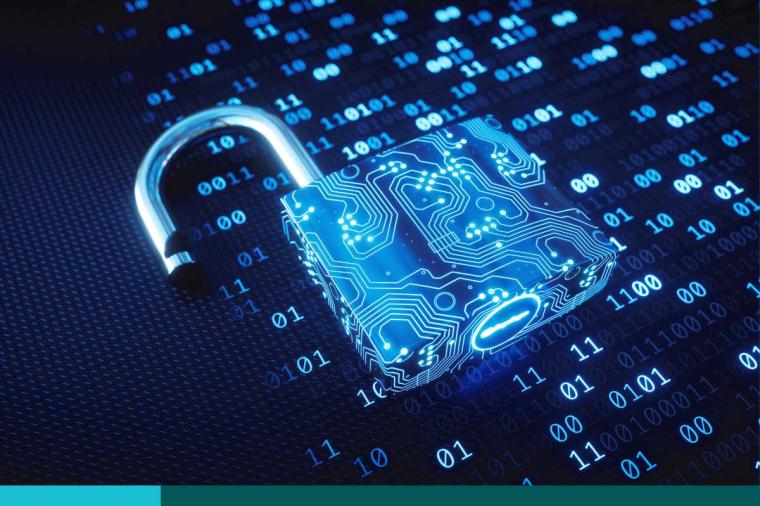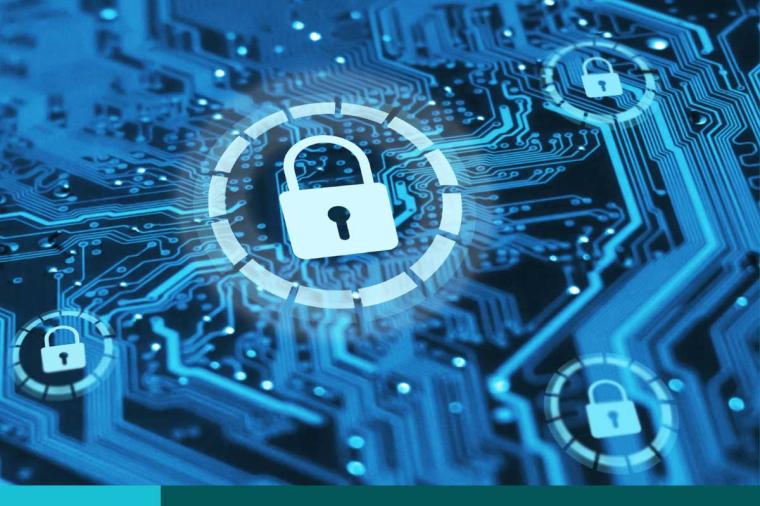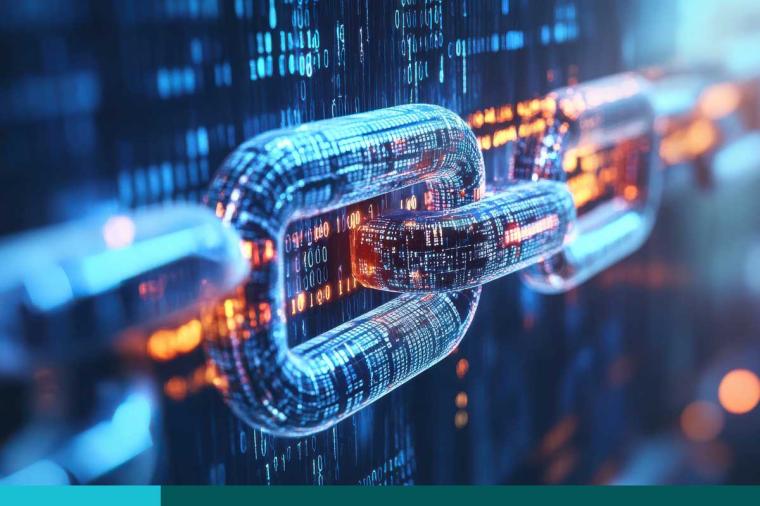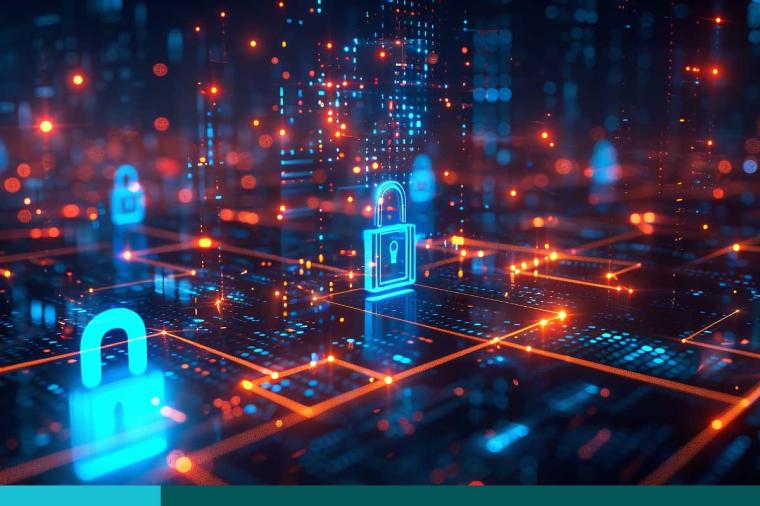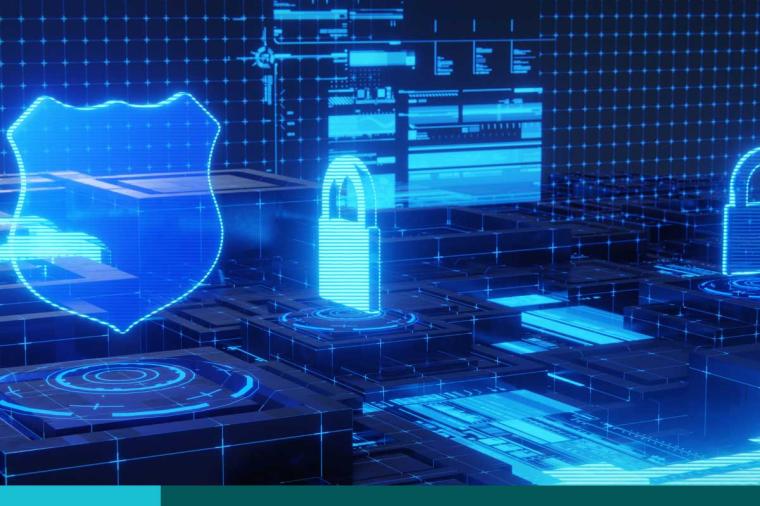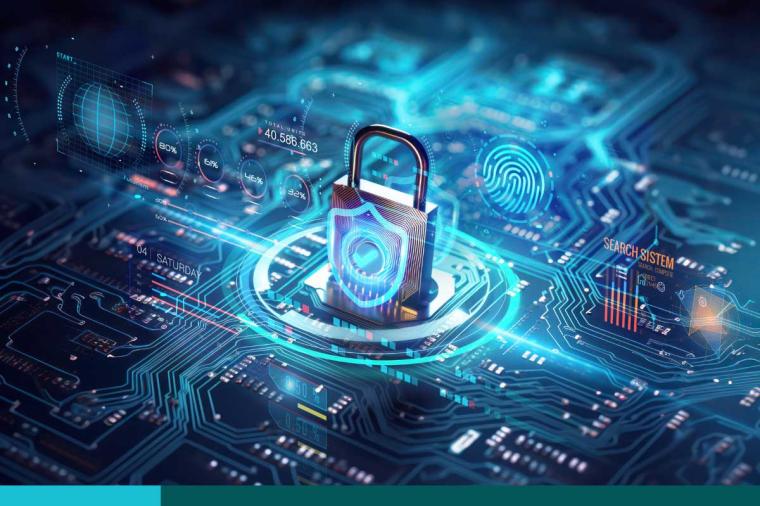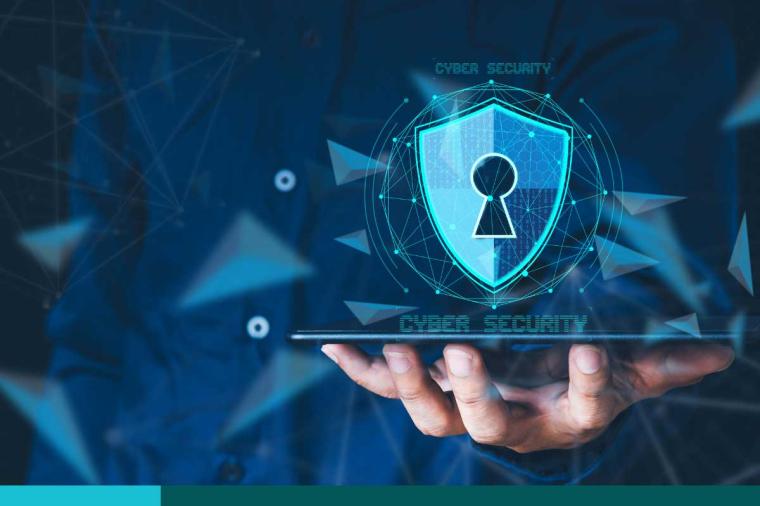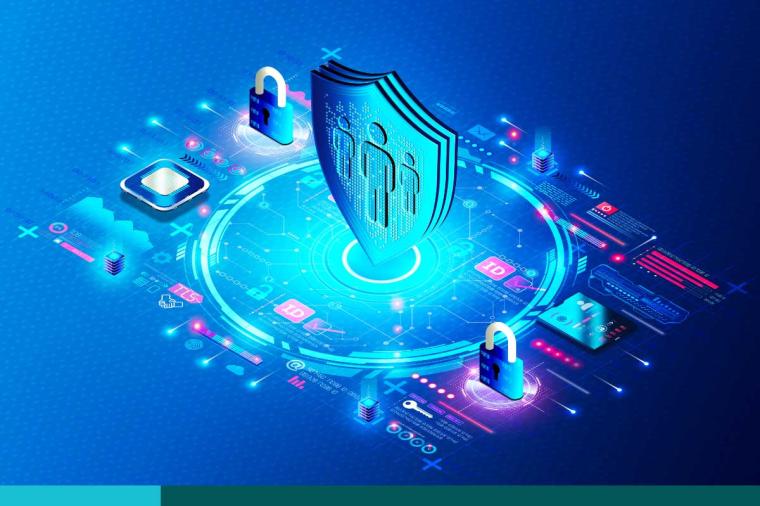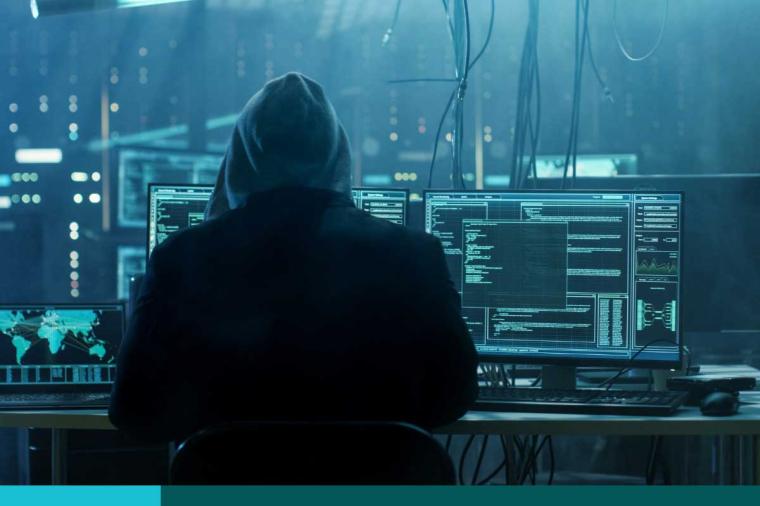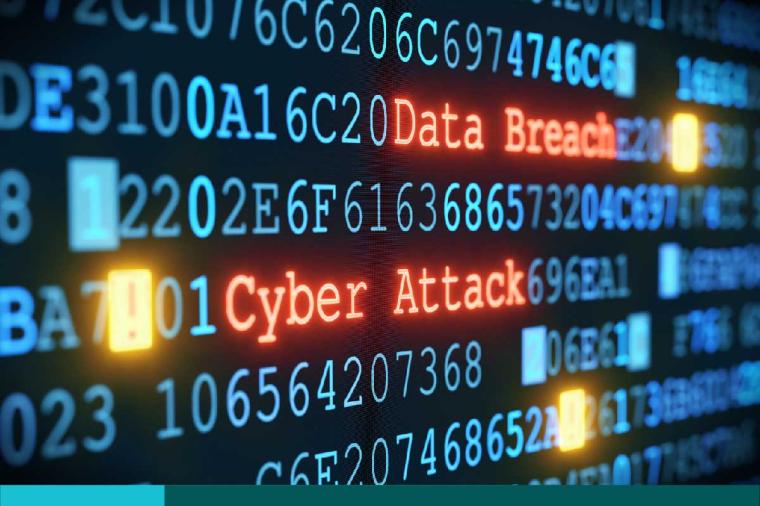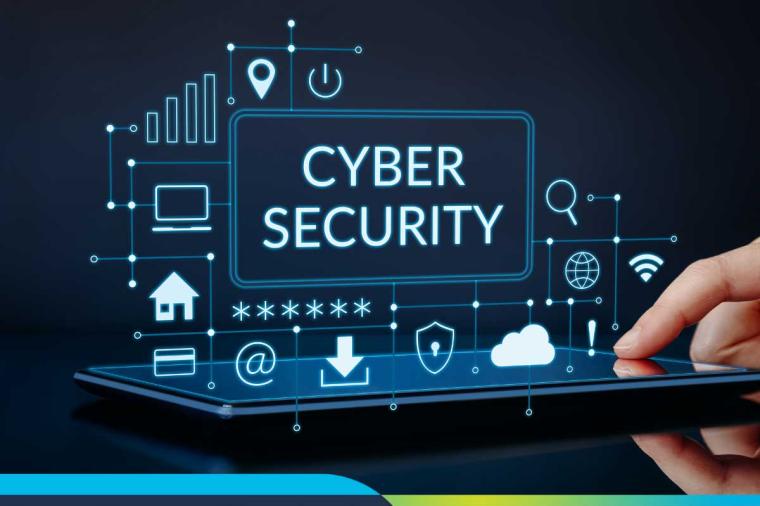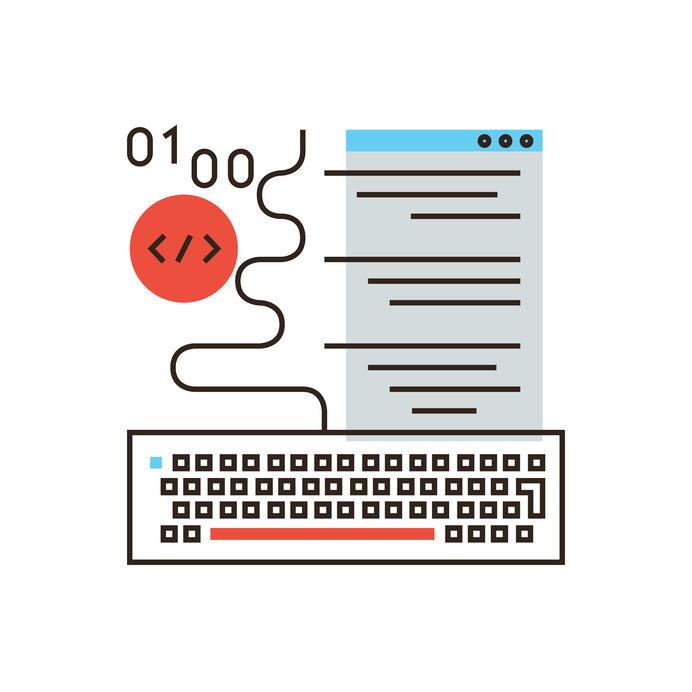
Black hat hackers make more money than white hat hackers. A lot more. The 2015 Symantec Internet Security Threat report states that a hacker can sell a credit card number for about $50 on the black market. If you can steal 100,000 numbers in a few months, you stand to earn about $5 million. This money pales in comparison to what a bad actor can get for a purloined medical record: about $500 per record, according to the same report. Steal 100,000 of those, and you’ll get a whopping $50 million. Swipe a million medical records and you could get a Bill Gates-level paycheck. Now compare this kind of money to what a cybersecurity professional makes – even if they stop a major attack. Is it any wonder so much talent is wasted on cyber-thievery?
As a result, there is a shortage of talent in the industry, and most security staffs are underpaid, understaffed and overworked. Since there is no practical way to minimize the discrepancy between the financial rewards available to black hats and white hats, we need to find other ways to attract talent to the field. This means incentivizing defenders with non-financial rewards, raising the profile of cybersecurity in general, and automating mundane tasks to maximize the challenge and excitement of the job at hand.
Most cybersecurity professionals I know entered the field out of a sense of mission: they (and I) want to protect the nation. This goal does not make huge amounts of money, but it provides a sense of purpose and dignity. This sense of mission, particularly patriotic mission, is a ready-made incentive for any Federal agency.
Another non-financial incentive, with very real consequences, is to challenge the security team to stay abreast of security technology. The IT landscape is changing at a breakneck pace: attackers are growing more sophisticated, cloud migrations are multiplying, BYOD is proliferating, and big data applications are sprouting up everywhere. These all represent change and novelty, but they all have one thing in common: the need for security. Encourage your security folks to stay current with all of these new developments, and they will find gratification and motivation in that ceaseless challenge.
Many security tasks are mundane in nature: audit and assessment of systems; log review; change control processes; scan-and-patch cycles. The more you free your staff from these tasks, the more they can spend on the interesting stuff – and the more motivated and valuable they will be to your agency. Also, cybersecurity techies, like all techies, love new technology, so the opportunity to work with latest-and-greatest security tools can be a great non-monetary incentive. The synergy between big data and security is fertile ground for this idea.
Raising the profile of cybersecurity is difficult to do in most organizations. However, as P.T. Barnum reportedly said, “There’s no bad publicity”. So ironically, the recent spate of high-profile intrusions, whose targets have been both industry and government, have made cybersecurity impossible to ignore. In the private sector, C-level executives and Boards are definitely taking notice of the cost of high-profile breaches; this trend is growing in the public sector also.
The cybersecurity industry as a whole needs more talent, and the white hats cannot match the money available to the black hats. We can, however, offer a lot of countervailing incentives to entice motivated individuals - those whose conscience outweighs their greed - into the field.



